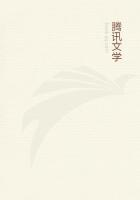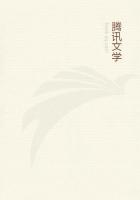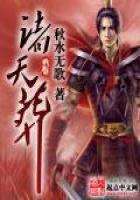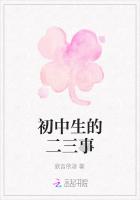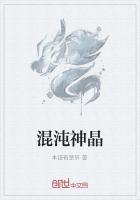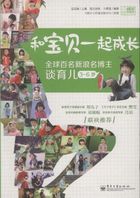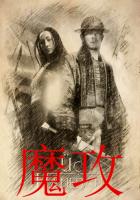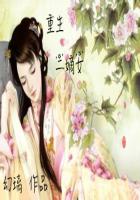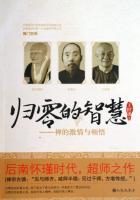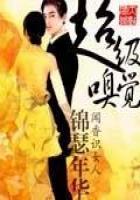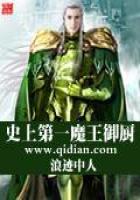Further, then, answer me this question also: Does freedom seem to you to be something great and noble and valuable? "How should it not seem so?" Is it possible, then, when a man obtains anything, so great and valuable and noble to be mean? "It is not possible." When, then, you see any man subject to another, or flattering him contrary to his own opinion, confidently affirm that this man also is not free; and not only if he do this for a bit of supper, but also if he does it for a government or a consulship: and call these men "little slaves" who for the sake of little matters do these things, and those who do so for the sake of great things call "great slaves," as they deserve to be. "This is admitted also." Do you think that freedom is a thing independent and self-governing? "Certainly." Whomsoever, then, it is in the power of another to hinder and compel, declare that he is not free. And do not look, I entreat you, after his grandfathers and great-grandfathers, or inquire about his being bought or sold; but if you hear him saying from his heart and with feeling, "Master," even if the twelve fasces precede him, call him a slave. And if you hear him say, "Wretch that I am, how much I suffer," call him a slave. If, finally, you see him lamenting, complaining, unhappy, call him a slave though he wears a praetexta. If, then, he is doing nothing of this kind, do not yet say that he is free, but learn his opinions, whether they are subject to compulsion, or may produce hindrance, or to bad fortune; and if you find him such, call him a slave who has a holiday in the Saturnalia: say that his master is from home: he will return soon, and you will know what he suffers.
"Who will return?" Whoever has in himself the power over anything which is desired by the man, either to give it to him or to take it away? "Thus, then, have we many masters?" We have: for we have circumstances as masters prior to our present masters; and these circumstances are many. Therefore it must of necessity be that those who have the power over any of these circumstances must be our masters. For no man fears Caesar himself, but he fears death, banishment, deprivation of his property, prison, and disgrace.
Nor does any man love Caesar, unless Caesar is a person of great merit, but he loves wealth, the office of tribune, praetor or consul. When we love, and hate, and fear these things, it must be that those who have the power over them must be our masters. Therefore we adore them even as gods; for we think that what possesses the power of conferring the greatest advantage on us is divine. Then we wrongly assume that a certain person has the power of conferring the greatest advantages; therefore he is something divine.
For if we wrongly assume that a certain person has the power of conferring the greatest advantages, it is a necessary consequence that the conclusion from these premises must be false.
What, then, is that which makes a man free from hindrance and makes him his own master? For wealth does not do it, nor consulship, nor provincial government, nor royal power; but something else must be discovered. What then is that which, when we write, makes us free from hindrance and unimpeded? "The knowledge of the art of writing." What, then, is it in playing the lute?
"The science of playing the lute." Therefore in life also it is the science of life. You have, then, heard in a general way: but examine the thing also in the several parts. Is it possible that he who desires any of the things which depend on others can be free from hindrance? "No." Is it possible for him to be unimpeded? "No." Therefore he cannot be free. Consider then: whether we have nothing which is in our own power only, or whether we have all things, or whether some things are in our own power, and others in the power of others. "What do you mean?" When you wish the body to be entire, is it in your power or not? "It is not in my power." When you wish it to be healthy? "Neither is this in my power." When you wish it to be handsome? "Nor is this." Life or death? "Neither is this in my power." Your body, then, is another's, subject to every man who is stronger than yourself? "It is." But your estate, is it in your power to have it when you please, and as long as you please, and such as you please? "No."
And your slaves? "No." And your clothes? "No." And your house? "No." And your horses? "Not one of these things." And if you wish by all means your children to live, or your wife, or your brother, or your friends, is it in your power? "This also is not in my power."
Whether, then, have you nothing which is in your own power, which depends on yourself only and cannot be taken from you, or have you anything of the kind? "I know not." Look at the thing, then, thus, examine it. Is any man able to make you assent to that which is false? "No man." In the matter of assent, then, you are free from hindrance and obstruction. "Granted." Well; and can a man force you to desire to move toward that to which you do not choose? "He can, for when he threatens me with death or bonds, he compels me to desire to move toward it." If, then, you despise death and bonds, do you still pay any regard to him? "No." Is, then, the despising of death an act of your own, or is it not yours? "It is my act." It is your own act, then, also to desire to move toward a thing: or is it not so?
"It is my own act." But to desire to move away from a thing, whose act is that? This also is your act. "What, then, if I have attempted to walk, suppose another should hinder me." What part of you does he hinder? does he hinder the faculty of assent? "No: but my poor body." Yes, as he would do with a stone. "Granted; but I no longer walk." And who told you that walking is your act free from hindrance? for I said that this only was free from hindrance, to desire to move: but where there is need of body and its co-operation, you have heard long ago that nothing is your own.

